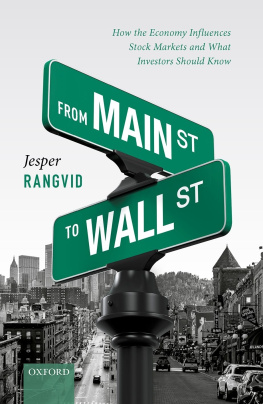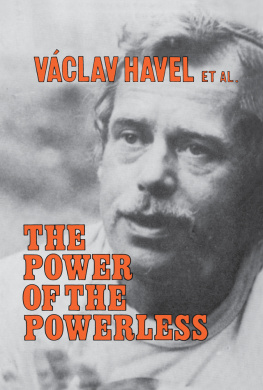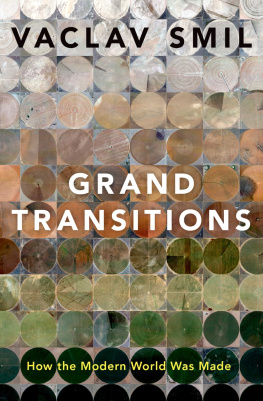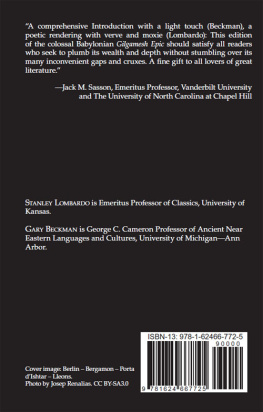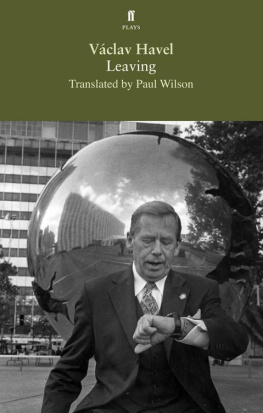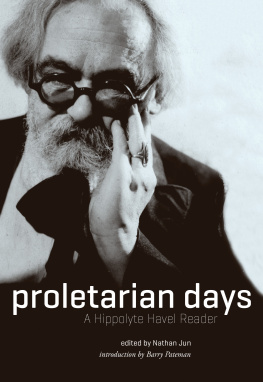Economics of Good and Evil
Economics of Good and Evil
The Quest for Economic Meaning from Gilgamesh to Wall Street
Tomas Sedlacek


Oxford University Press, Inc., publishes works that further
Oxford Universitys objective of excellence
in research, scholarship, and education.
Oxford New York
Auckland Cape Town Dar es Salaam Hong Kong Karachi
Kuala Lumpur Madrid Melbourne Mexico City Nairobi
New Delhi Shanghai Taipei Toronto
With offices in
Argentina Austria Brazil Chile Czech Republic France Greece
Guatemala Hungary Italy Japan Poland Portugal Singapore
South Korea Switzerland Thailand Turkey Ukraine Vietnam
Copyright 2011 Tomas Sedlacek.
Published by Oxford University Press, Inc.
198 Madison Avenue, New York, New York 10016
www.oup.com
Oxford is a registered trademark of Oxford University Press
All rights reserved. No part of this publication may be reproduced,
stored in a retrieval system, or transmitted, in any form or by any means,
electronic, mechanical, photocopying, recording, or otherwise,
without the prior permission of Oxford University Press.
Library of Congress Cataloging-in-Publication Data
Sedlacek, Tomas, 1977
[Ekonomie dobra a zla. English]
Economics of good and evil : the quest for economic meaning from
Gilgamesh to Wall Street / Tomas Sedlacek.
p. cm.
Includes bibliographical references and index.
ISBN 978-0-19-976720-5 (cloth : alk. paper) 1. EconomicsPhilosophy.
2. EconomicsMoral and ethical aspects. 3. Good and evil.
4. CivilizationHistory. 5. Literature and morals. I. Title.
HB72.S36513 2011
174dc22 2010030271
978-0-19-976720-5 (cloth)
Editor of the Czech original: Ji Ndoba, Co-editors: Martin Pospil,
Luk Tth
Translation: Douglas Arellanes
Illustrations (inside): Milan Star
First published in Czech as Ekonomie dobra a zla, 2009, by 65. pole Publishing,
Konevova 121, Praha 3, Czech Republic.
9 8 7 6 5 4 3 2 1
Printed in the United States of America on acid-free paper
This book was translated into English with the kind support of SOB a.s.,
a member of KBC Group.
To my young son Chris, who I feel understands more than I ever will, as
perhaps I also did long ago. Anyway, may you one day write a better book.
Know then thyself, presume not God to scan
The proper study of mankind is man.
Placed on this isthmus of a middle state,
A being darkly wise, and rudely great:
With too much knowledge for the sceptic side,
With too much weakness for the stoics pride,
He hangs between; in doubt to act, or rest;
In doubt to deem himself a God, or beast;
In doubt his mind and body to prefer;
Born but to die, and reasning but to err;
Alike in ignorance, his reason such,
Whether he thinks too little, or too much;
Chaos of thought and passion, all confusd;
Still by himself, abusd or disabusd;
Created half to rise and half to fall;
Great lord of all things, yet a prey to all,
Sole judge of truth, in endless error hurld;
The glory, jest and riddle of the world.
Alexander Pope, The Riddle of the World
Contents
Foreword
Vclav Havel
I had the opportunity to read Tomas Sedlaceks book before it was published in the Czech Republic in 2009 under the same title, and it was obvious that it was an unconventional view on a scientific discipline thatas the general belief has itis exceptionally dull. Of course I was taken with the book, and I was curious about the kind of interest it would provoke in other readers. To the surprise of both the author and publisher, it immediately drew so much attention in the Czech Republic that it became a bestseller within a few weeks, and both experts and the general public were talking about it. By coincidence, Tomas Sedlacek was at that time also a member of the Czech governments National Economic Council, which, in its behavior as well as its views on long-term goals, stood in sharp contrast to the quarrelsome political environment, which usually doesnt think further than the next election.
Instead of self-confident and self-centered answers, the author humbly asks fundamental questions: What is economics? What is its meaning? Where does this new religion, as it is sometimes called, come from? What are its possibilities and its limitations and borders, if there are any? Why are we so dependent on permanent growing of growth and growth of growing of growth? Where did the idea of progress come from, and where is it leading us? Why are so many economic debates accompanied by obsession and fanaticism? All of this must occur to a thoughtful person, but only rarely do the answers come from economists themselves.
The majority of our political parties act with a narrow materialistic focus when, in their programs, they present the economy and finance first; only then, somewhere at the end, do we find culture as something pasted on or as a libation for a couple of madmen. Whether they are on the right or left, most of themconsciously or unconsciouslyaccept and spread the Marxist thesis of the economic base and the spiritual superstructure.
It may all be related to how economics as a scientific discipline frequently tends to be mistaken for mere accounting. But what good is accounting when much of what jointly shapes our lives is difficult to calculate or is completely incalculable? I wonder what such an economist-accountant would do if given the task to optimize the work of a symphony orchestra. Most likely he would eliminate all the pauses from Beethoven concerts. After all, theyre good for nothing. They just hold things up, and orchestra members cannot be paid for not playing.
The authors questioning breaks down stereotypes. He tries to break free of narrow specialization and cross the boundaries between scientific disciplines. Expeditions beyond economics borders and its connection to history, philosophy, psychology, and ancient myths are not only refreshing, but necessary for understanding the world of the twenty-first century. At the same time, this is a readable book that is also accessible to laymen, in which economics becomes a path to adventure. We do not always find an exact answer to the permanent search for its end, only more reasons for even deeper considerations of the world and mans role in it.
In my presidential office, Tomas Sedlacek belonged to the generation of young colleagues who promised a new view on the problems of the contemporary world, one unburdened by four decades of the totalitarian Communist regime. I have the feeling that my expectations were fulfilled, and I believe you, too, will appreciate his book.
Acknowledgments
In the Czech edition of this book, I wrote a very brief thank-you. That was not a good idea, so I will be more verbose this time. This book took many years to be born, innumerable conversations, hundreds of lectures, and countless books read over many a long night.
I owe this book to my two great teachers, Professor Milan Sojka (who led me in this work) and H. E. Milan Mike Miskovsky (who inspired me on the whole topic, many years ago). This book is dedicated to their memory. Neither is with us anymore.
I owe thanks to my great teacher, Professor Lubomr Mloch, whom I had the honor to work as a teaching assistant in his Business Ethics classes. I give my great thanks to Professor Karel Kouba, Professor Michal Mejstk, and Professor Milan k for their leadership. I thank my 2010 class of Philosophy of Economics for their comments and thoughts.
Next page

